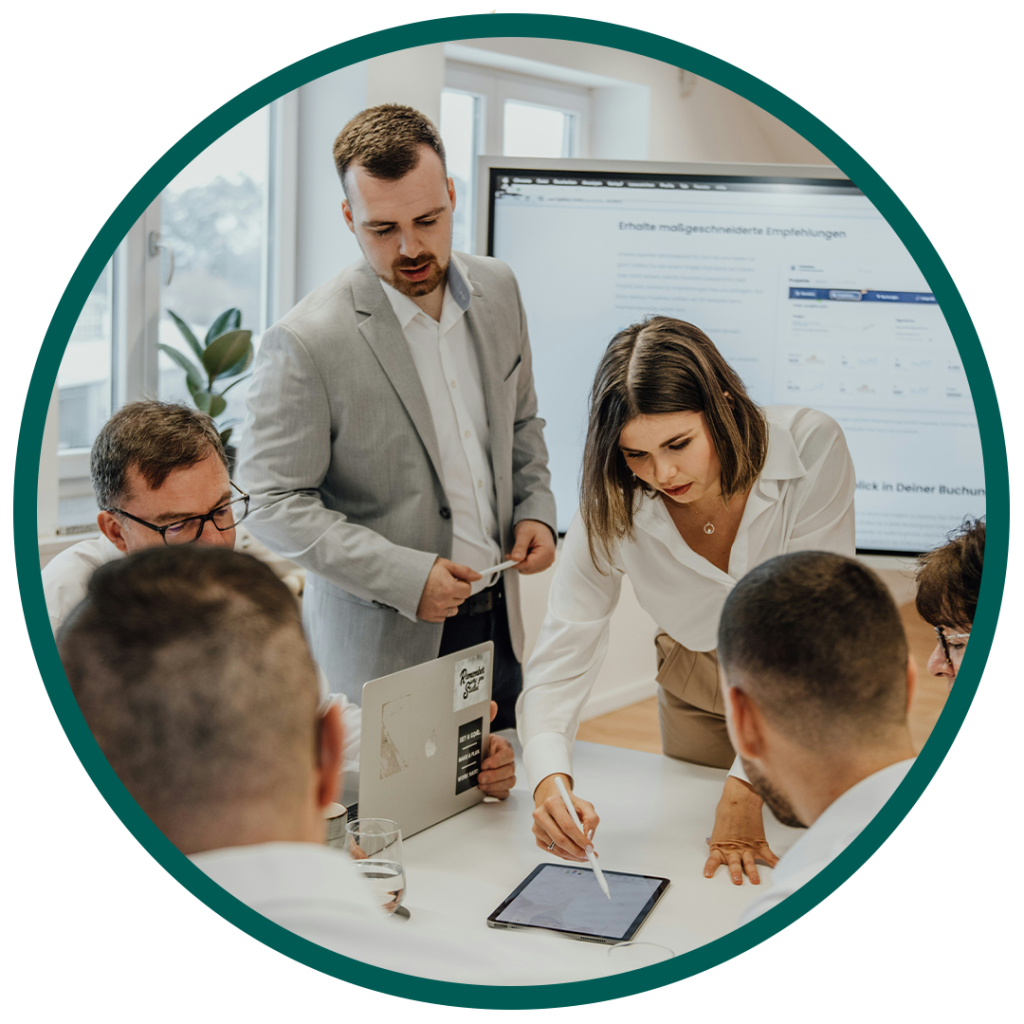
The last few months have been a really exciting time for AHEP Consulting. We have been building our amazing Consultant community and identifying key areas where we believe that AHEP Consulting can make a difference in supporting the HE sector and more specifically support the development of Professional Services teams and individuals, enabling change.
We’re undertaking projects which illustrate the variety of our work and the broad expertise that we have. Some examples are:
– Assessing how a senior School-level professional role brings added value to the University context and how it can be developed further
– Undertaking a review of student voice across a large and complex University to see how student representation can be enhanced
– Working with our colleagues at another professional membership organisation to develop and enhance their professional development framework
– Undertaking academic and corporate governance effectiveness reviews to ensure that Universities are optimising their people and sharing good practice.
One of the things that all these very different projects have in common is that they highlight the criticality of relationships and how colleagues from different areas (academics and lay members of committees as well as across Professional Services) need to work together to bring the best range of skills together and achieve the best results. Very often our organisations tend to focus more on the transactional (getting the job done) and governance (how is it approved?) aspects of how things work, and pay less attention to building, managing and sustaining relationships.
Across these, and other, projects that AHEP Consulting is undertaking, one of our major questions tends to be around how we can enable the organisations we are supporting to shift the balance of where the effort is focussed. How do we ensure that the process and approval requirements are met, whilst providing the space to enable people to work better together? To enable us to address these questions, we take an approach which builds on the more general ethos of AHEP as an organisation; we are all about people working together to develop and learn, so we also apply this to our consultancy – we co-create.
Everyone talks about the silos that exist within Universities and how difficult it is to break these down. What we have found, which will no doubt resonate with people is:
– Everyone is very busy, and the urgent/immediate will generally trump the important
– Getting the right balance between more strategic and more operational areas of work is virtually impossible, in part because different people have a different view of what the ‘right’ balance is
– People make assumptions about other people’s roles: everyone has their own perception – based on the focus of their own role – of what another role is responsible for, the level it works at and what skills people have and what they can bring to a project or group
– We still do not pay enough attention to a bringing in a range of stakeholders to our considerations of what the real issue is, and what the solutions might be
– Putting a policy or procedure together and saying to others that it should be followed is no guarantee of success (or even compliance).
Co-creation is a word that has been utilised a lot in the sector over recent years, a lot of the time in relation to work we do to enhance the student experience. It is used less often in terms of how different structural areas of an organisation work together – be those professional services or with academic colleagues as well as with students. Relationships are at the core of how we address these issues, but what does that mean in practice, and how are we at AHEP Consulting trying to work with our clients to support them? How do we enable them to build co-creation within their organisations so that it becomes more straightforward to move ahead with the outcomes of the work we do with them?

In Consulting we focus on working hand-in-hand with our clients. We want to leave them not only with recommendations and suggestions for how to address the issues we have identified, but with the tools and the skills embedded to be able to undertake the development needed to improve things. Certainly they may need further support, but in line with our broader ethos, we transfer our knowledge and experienced to the client and enable their autonomy.
A corollary of this is that our solutions are not off-the-shelf; rather they are developed with the client, utilising our Consultants’ deep expertise, knowledge and practitioner experience across the sector. We don’t want to deliver a report full of recommendations that do not get implemented; we all know how soul-destroying it feels when you have put a lot of work into putting something together only for it to be ignored.
How do we try to ensure a co-creation and relationship-building approach?
Hearing as diverse a group of stakeholders as possible: Quite often in initial discussions about who to talk to we get a list of the senior staff who hold Institutional level responsibility for the area under consideration, plus a few other suggested key individual role holders. Often the suggestions exclude people for what on the face of it are very good reasons … they are busy, it will be difficult to find the time to get people together, we’ve already asked them what they think in a survey (or six) … But taking a more holistic and inclusive approach brings significant benefits as more voices contribute.
Enabling a coaching approach: Many of our consultants are also coaches, and this brings an additional dimension to the ways in which they work with our clients, supporting clear engagement and giving staff across the organisation the opportunity to reflect on what they are doing, grow confidence and empower them to take greater responsibility themselves. They feel they are part of the plan and the solution, rather than things being done to them.
Encouraging people to come together over a shared issue: We enable people to come together in workshops, focus groups and by building proposals for implementation that major on relationships and understanding the perspective of someone in a different area and working together. Breaking down the siloes is a continuing challenge, but one that we embrace to achieve better outcomes.
Innovating in our proposals for change: The proposals and recommendations that we include in our projects have people at the centre. They recognise that people are the most important asset and resource that our organisations have, and that without them, whatever is changed in systems, processes, structures and organisation will not be successful. They advocate for time to be focussed on developing people rather than structures and organisation.
In driving co-creation and a people-centred approach, we know that we are enabling and supporting both AHEP Consulting’s purpose and the broader objectives of AHEP as a membership organisation; to develop our professional staff and ensure that they can deliver on the ever-increasing demands of the sector. This is a continuing challenge, particularly on the face of increasing pressures. It does however mean that time can be saved in the long-term as it’s much easier to have that tricky conversation with someone you already know.
As we embrace co-creation and relationships, we build community and development, and provide additional opportunities for people to feel ownership. And when you are in a challenging and changing environment, having that agency counts for a lot.
Discover more about AHEP Consulting and the expertise that makes up AHEP’s very own co-creation consultancy: https://ahep.ac.uk/ahep-consulting/

0 comments on “Constructing a Co-creating Consultancy”